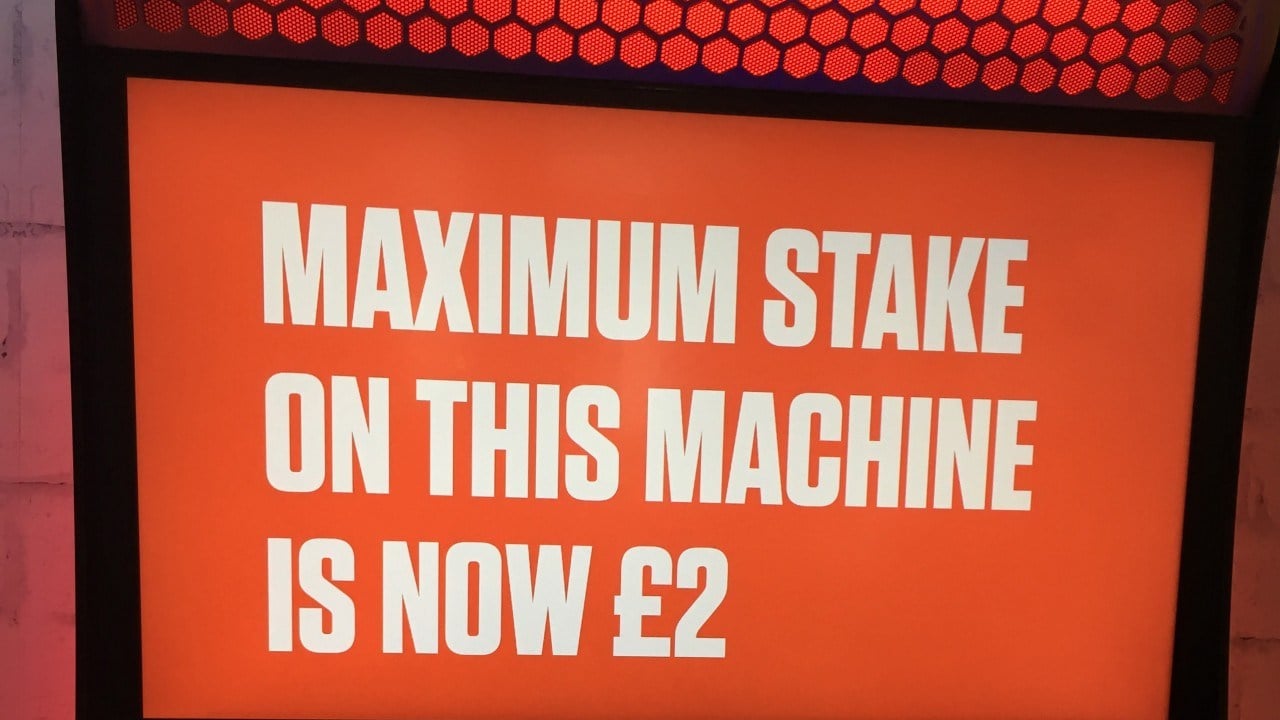Britain’s betting industry is to implement artificial intelligence (AI) systems on fixed-odds betting terminals (FOBTs) that can detect if gamblers are blowing their cool.

Fixed-odds betting terminals will now be fitted with AI tech that will initiate a cooling-off period when users play erratically. (Image: Racing Post)
The Anonymous Player Awareness System (APAS) will analyse player behavior on the machines, which are found in retail betting outlets across the country and offer digital versions of games like roulette, blackjack, and slots.
The algorithm is designed to spot problematic behavioral patterns, such as chasing losses, playing erratically, speeding up betting while losing, or simply spending too much time on the machine.
When one of these patterns is detected, the machine will shut down, locking the player out for a “cooling off” period of at least 30 seconds, while “safer gambling” warnings are displayed on the screen. The machine will also alert the betting shop manager, who can choose to intervene.
Let’s All Cool Off
This is an initiative from the newly formed Betting and Gaming Council, an industry body that is hoping the UK government cools off. It wants to preempt further regulatory crackdowns through industry self-regulation.
The sector is currently suffering from an image problem and is facing a backlash from the public after almost 15 years of liberalized gaming laws that some felt went too far.
Fears of a “gambling epidemic” are amplified by the press on an almost daily basis.
Until the beginning of this year, gamblers could bet £100 per spin (every 20 seconds) on fixed-odds betting terminals, which meant it was possible to lose an average monthly salary in a short space of time.
But the government agreed the machines were a “social scourge,” and slashed the maximum odds to £2.
Amid a decline in retail betting, FOBTs had been propping up the sector — accounting for more than half of all bookies’ land-based gross gaming revenue — and the reforms have resulted in shop closures and job losses.
Online Slots Reforms Proposed
But the government may not be done just yet. A recent cross-party group charged with studying the impact of “gambling harm” recommended the £2 stakes cap should also be applied to online slots.
Kenny Alexander, head of online and retail gaming giant GVC, recently slammed the comparison between FOBTs and online casinos as “false” because there is no black market in FOBTs — therefore, reducing the maximum stakes at online casinos would, he claimed, simply drive gamblers to unscrupulous, untaxed, offshore operators.
The BGC represents 90 per cent of the UK-based betting and gaming market. Its interim chief executive, Wes Himes, said in an official statement that the AI initiative was “an opportunity to champion the highest standards and share best practice on safe betting and gaming, and we hope these measures are a sign of intent.”
“I’m convinced that this approach can help restore public trust, and I look forward to working on further betting and gaming initiatives across the industry,” he added.


